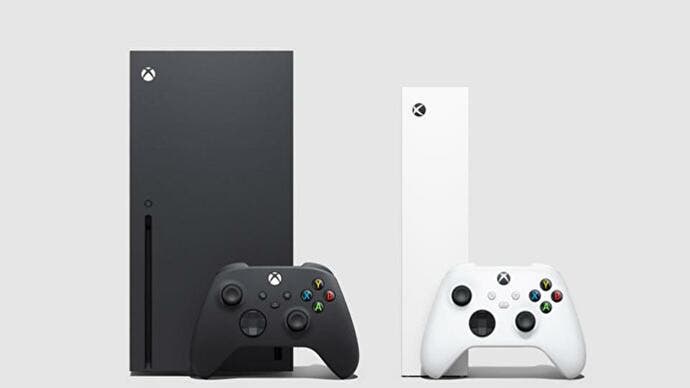Microsoft expects the UK to oppose its acquisition of Activision Blizzard
Reports suggest "the antitrust authority in Britain to oppose the transaction".
Microsoft is reportedly ready to fight what it expects to be opposition from the UK's competition regulator.
According to the New York Times (£) (thanks, VGC), the megacorp believes "the antitrust authority in Britain to oppose the transaction". It follows a similar intervention from the EU, which objected to a perceived risk in Microsoft owning Call of Duty given it could reduce competition in the video games industry.
According to four people "briefed on the matter who were not authorised to speak publicly", Microsoft hopes "to convince both Britain and the European Union to accept its concessions and approve the deal, which could make it easier for the company to reach an agreement with the FTC before the scheduled administrative trial starts in the summer".
Microsoft recently responded to the European Union's now-formalised antitrust warning, slapping down to contest its attempt at an Activision Blizzard acquisition.
As Tom recently summarised for us, the EU's intent to object to Microsoft's proposed $68.7bn deal was first reported last month. Now it has been finalised - and Microsoft has said it was "confident" it could address the issues raised.
It's expected that Microsoft will offer concessions to the EU - and to the other authorities which have expressed objections - to get the deal approved. Indeed, the EU's warning was the next step along that path while informal dialogue on what those concessions might be continues behind the scenes.
Microsoft faces similar complaints from the UK's Competition and Markets Authority and the US Federal Trade Commission.


